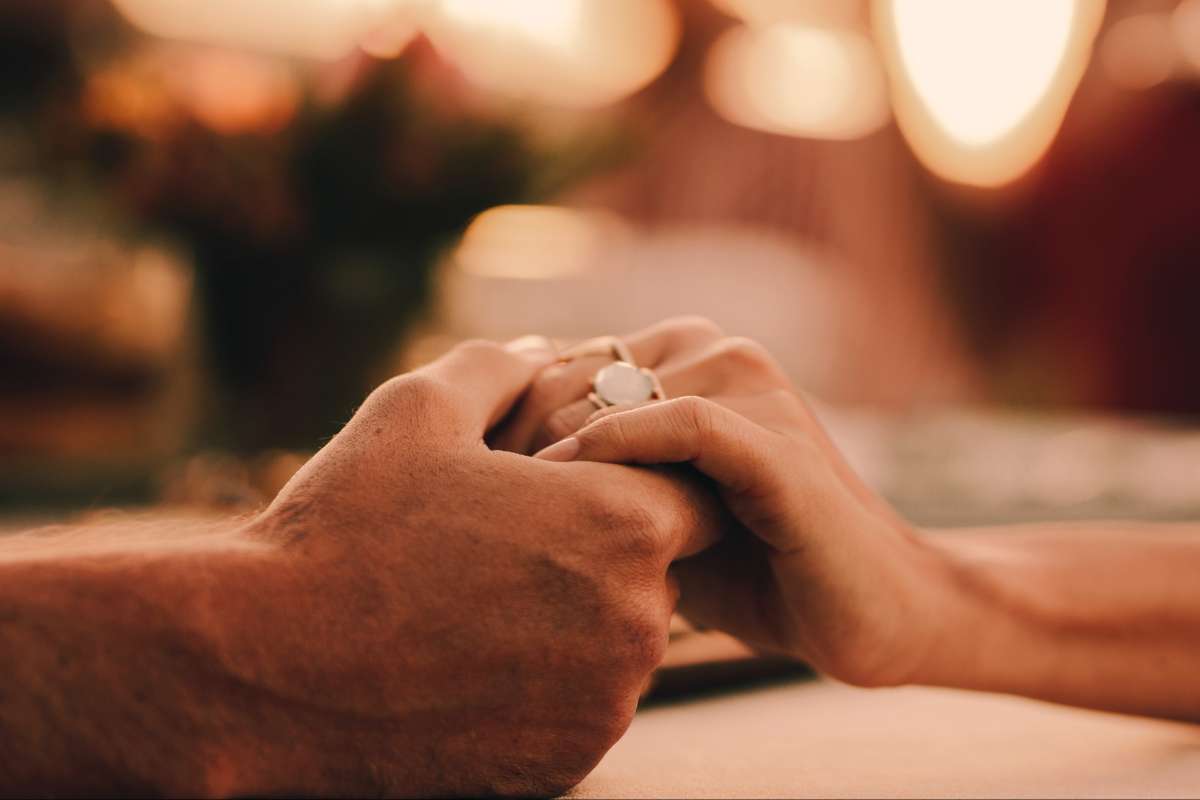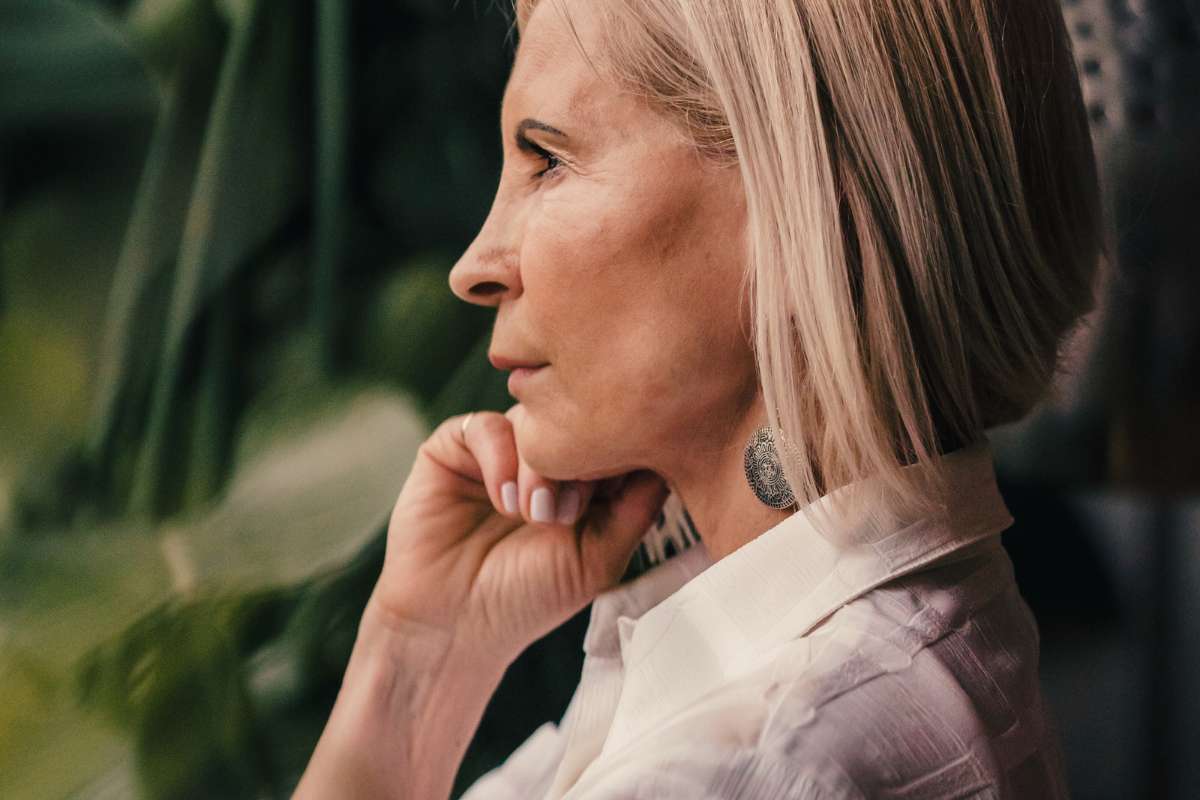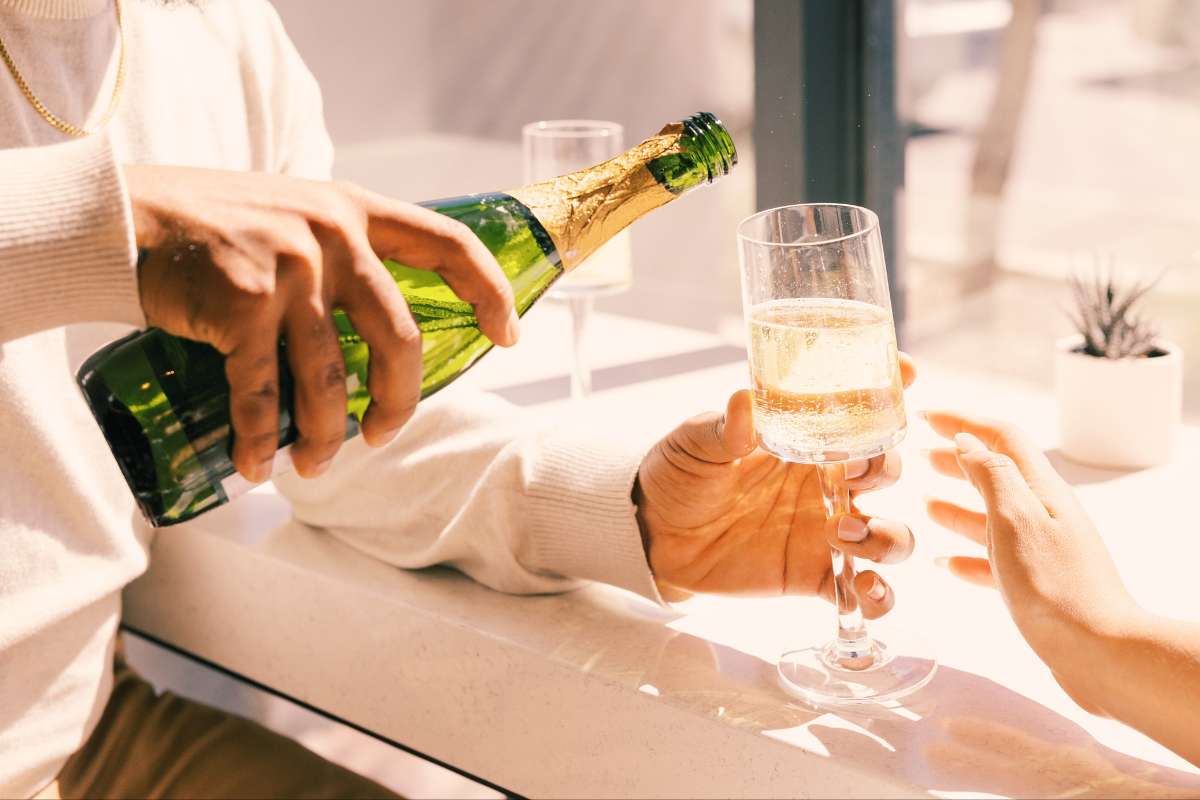Within three months, you should have enough to decide whether to continue the relationship.
These icebreaker questions steer the conversation toward connection and fun.
Successful people get where they are by being great at solving problems and planning ahead.
Why does one dinner date feel more daunting than a quarterly review?
Relationship impostor syndrome is fueled by past experiences, and societal pressures.
People who are emotionally unavailable tend to keep their emotions locked up.
When two strong-minded individuals come together, it can be a challenge to find balance.










